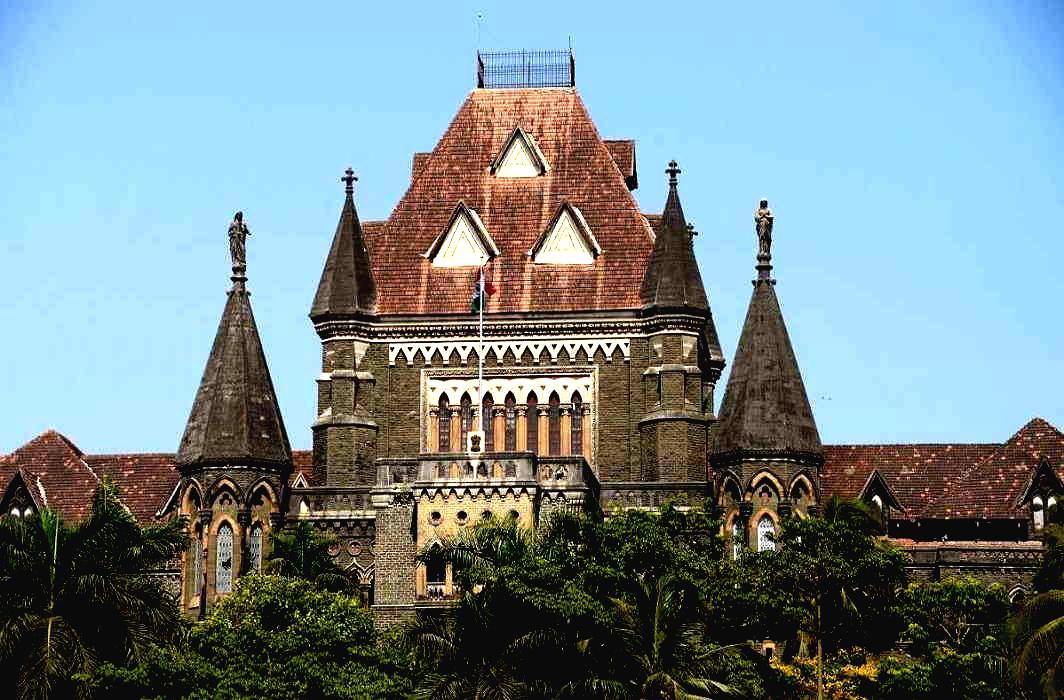The Bombay High Court recently refused to interfere with the order of the Assistant Labour Commissioner which rejected the application filed by the Lal Zenda Coal Mines Mazdoor Union seeking reference of the industrial dispute to an Industrial Tribunal.
The petitioner No.1 (Brij Bihari Singh) had once knocked at the doors of the High Court by filing a petition seeking a direction to the respondents to correct his father’s name from Ram Bacchan to Bacchan and also to correct his date of birth from 28/11/1954 to 01/08/1963 in-service record.
The Petition was dismissed by the High Court on 18/06/2014. It was observed that the High Court was not in a position to adjudicate upon the issue regarding the correct date of birth of the petitioner and the correct name of his father.
On behalf of petitioner No.1 (Brij Bihari Singh), on July 2, 2018 secretary of Lal Zenda Coal Mines Mazdoor Union (petitioner No.2), for the first time, filed an application before the Assistant Labour Commissioner seeking reference of the industrial dispute to an Industrial Tribunal. This application, termed as representation/complaint dated 2nd July 2018, by the impugned order passed by the Assistant Labour Commissioner, Chandrapur was rejected.
Assistant Labour Commissioner found that the Union was not authorized to raise the issue, with the petitioner No.1 having retired from service on November 30, 2014 was no more a workman and that the employer/employee relationship had ceased to exist and thus the representation/application for reference under section 10(1) of the Industrial Disputes Act, was rejected.
Assistant Labour Commissioner also found that there was great delay in filing the application which dissuaded him from entertaining the application.
In the High Court, Counsel for the petitioners submitted that the reasons stated in the order are not tenable at law as there is no bar in law for raising an industrial dispute and all that is required is that industrial dispute must exist. He also submitted that even after retirement, the employee/employer relationship continues to exist for the limited purpose of determination of the actual date of superannuation of an employee. There is no limitation prescribed for filing of an application under section 10(1) of the Industrial Labour Act and therefore it cannot be said that the application was moved belatedly, Counsel for the petitioners added.
The Division Bench of Justice Sunil B. Shukre and Justice Anil L. Pansare cited that Judgment in Sharad Kumar Vs, Govt. Of NCT of Delhi and ors (supra), in which the Supreme Court has held that while considering such application, the appropriate government is conferred with limited jurisdiction, and it is not the job of the appropriate government to examine the dispute on merits and all that it has to consider is as to whether or not there exists any industrial dispute and if it finds that the dispute does exist, there is no option for the appropriate government other than referring it to the appropriate authority as contemplated under Section 10 of the Industrial Dispute Act.
Following the above law, the Court found that the Assistant Labour Commissioner ought to have made an effort to ascertain as to whether or not any industrial dispute existed instead of ascertaining as to who had raised the dispute and then recording a finding that the Union had no authority to raise the dispute. “So, on this count the learned Assistant Labour Commissioner has gone wrong.”
The Division Bench further cited the case of Philips Employees Union, Mumbai Vs. P. T. Jagtap and ors.(supra), where the Coordinate Bench of the High Court has found on facts of the case that even after the retirement, the employer/employee relationship continues to exist for the limited purpose of determining the enforceability of the terms of the VRS application, which was accepted by the employer.
Here, what is at dispute is an issue regarding the correct date of birth and correct name of the father of the petitioner No.1 and this issue having a bearing upon the date of superannuation of the petitioner No.1 would be an issue, which in our considered opinion, would be covered by the concept of obtaining of employee/employer relationship. If the contentions of the petitioner No.1 in this regard are accepted by the Court, it would have the effect of extending the date of superannuation of the petitioner No.1 and thus extending the tenure of the employer/ employee relationship. Learned Assistant Labour Commissioner has, therefore, erred in holding that no employer-employee relationship existed.
“The matter, however, does not end here. There is an important issue of inordinate delay involved in this case, and on this count, we are of the considered opinion that no fault could be found in the order of the Asstt. Labour Commissioner. It is not in dispute that the petitioner No.1 has stood retired on attaining age of superannuation on 30.11.2014 and it was after almost about more than three and half years i.e. on 02.07.2018 that for the first time, an Industrial dispute was sought to be raised by moving an application under Section 10(1) of the Industrial Disputes Act.”
If the delay of about more than three and half years which has occurred here is overlooked and dispute is revived , the Bench opined that it would have the effect of stirring up industrial unrest rather than maintaining the industrial peace which is now prevailing and which has come about by settlement of dust due to long passage of time.
“In view of above, we find that here is a case where, such industrial dispute as requires its resolution in the interest of maintenance of industrial peace has ceased to exist now by virtue of inordinate delay occurred in moving of an application under Section 10 of the Industrial Disputes Act by the Petitioner No.1. Therefore, on this sole ground we find that no interference with the impugned order can be made,”
– the order reads.


